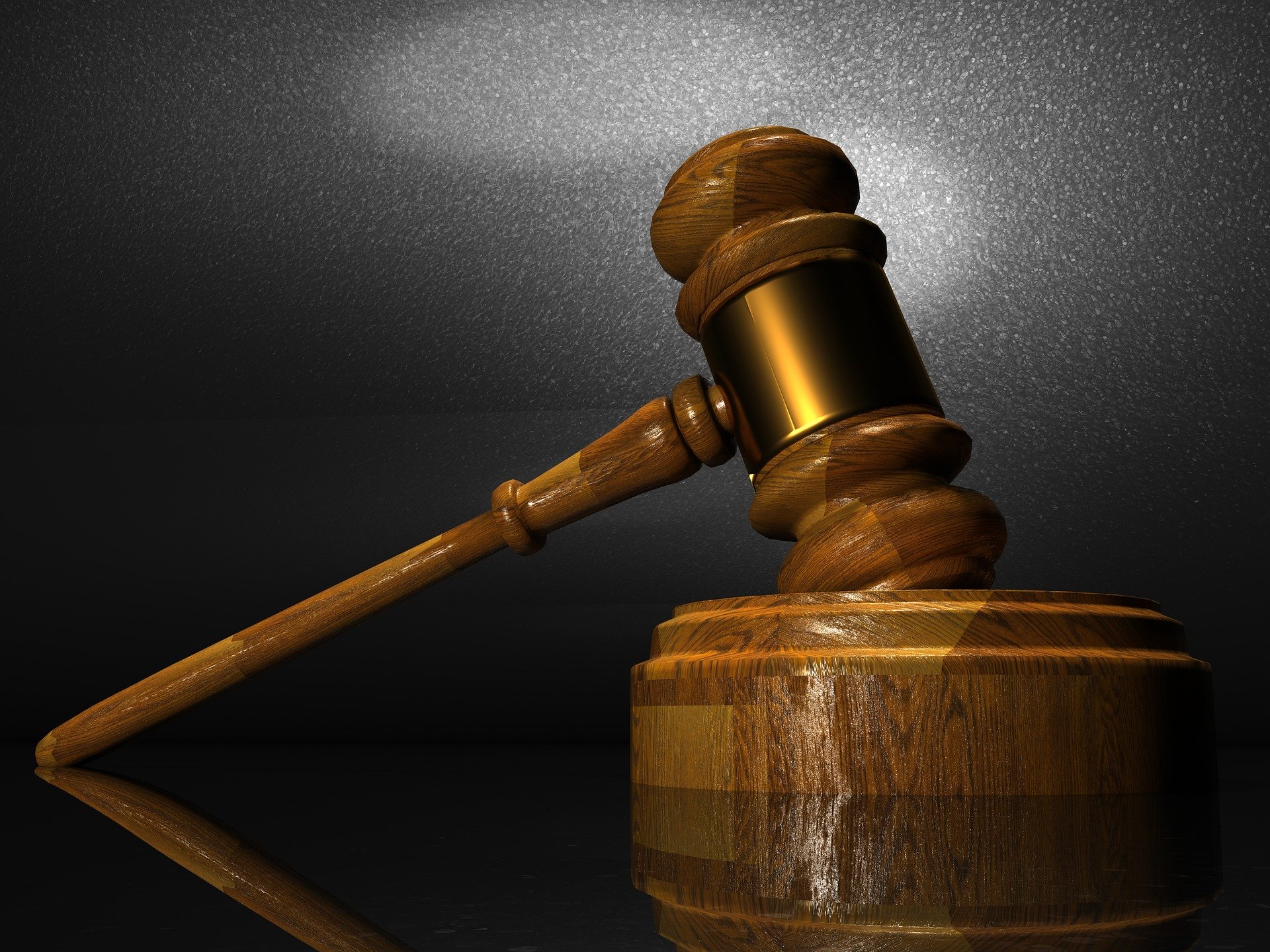
One of the hardest questions for me to answer is when a new client asks me what the value of their case is. This is a very difficult to do in the beginning of a case because I would only be guessing. There are many factors that go into figuring out what the value of the case is. If you have been injured in an accident in Charlottesville, the following factors may weigh heaviest on the outcome of the value of your case.
It only makes sense that this is one of the most important factors in a case; how bad are you hurt. If your injuries were very significant and required surgery as opposed to a sprain or strain that healed in six weeks it would be an obvious difference in value.
Also consider these factors: the amount of medical bills, the length of your treatment, how long it took you to recover, and whether or not surgery was required.
Liability simply means, who was at fault for the collision. If your case involves an accident at an intersection controlled by a traffic light and both drivers say their light was green then there is some likelihood that you can lose a trial. This would diminish the settlement value of the case.
If, on the other hand, you were stopped at a stoplight and were rear-ended and were a passenger in the vehicle then the liability issue would not affect the value of your case.
Unfortunately, we have to take into account how much insurance coverage there is available when determining the value of a case. Insurance coverage refers not only to the insurance that was available on the defendant’s car but also on the injured party’s car. Often times the defendant driver does not have enough insurance coverage and we must then look to the injured party’s policy to see if they have under insured motorist coverage.
While the insurance should not affect the value of the case from a practical standpoint, it is very important. If you go to trial and get a verdict for more that the insurance coverage you have an unsecured debt against the defendant. The problem with non-secure debt against an individual is that it is almost always hard to collect. Sometimes, defendants will even file bankruptcy.
If the injuries you have from an automobile accident are the same or very similar to any condition that you had prior to the accident, the value of our case will likely be diminished depending on how long it was before you were treated prior to the accident for these injuries. Insurance companies will likely be able to find a doctor that relates much of your problem to the pre-existing problem.
Even if your doctor supports you in relating your treatment and injury to the accident and not the pre-existing problem, it can often be hard to persuade a jury that a new injury has nothing to do with old injury.
Whenever the defense attorney blows up a photograph of a car and displays it to a jury and shows very minimal or no damage to the vehicle, it can be very persuasive to the jury that it is unlikely that a significant injury came from the accident. Often, we argue that we are not there about the property damage and that just because there is no damage to the car, it does not mean that there is little injury to the body of a passenger in the vehicle. However, insurance companies and sometimes jurors find it hard to believe that significant injuries come from a minor property damage accident.
By the time most clients come to me, they are already treating with a doctor and may have already had surgery performed. While often times it is clear that an injury was a result of a car accident, there are many times that is not clear. For example, if a patient has a history of back problems that did not require surgery but then was involved in an automobile accident and then required back surgery, it can be difficult to prove whether or not the accident caused the need for surgery.
In order to figure this out we mostly have to rely on the treating physician. If the physician support states that the surgery was related to the accident then we can claim it. If the physician does not, then it can be very difficult to relate the surgery to the accident.
This article outlines a very basic overview of a few factors that we consider. These are all major considerations but there are also many others that we discuss with our clients.